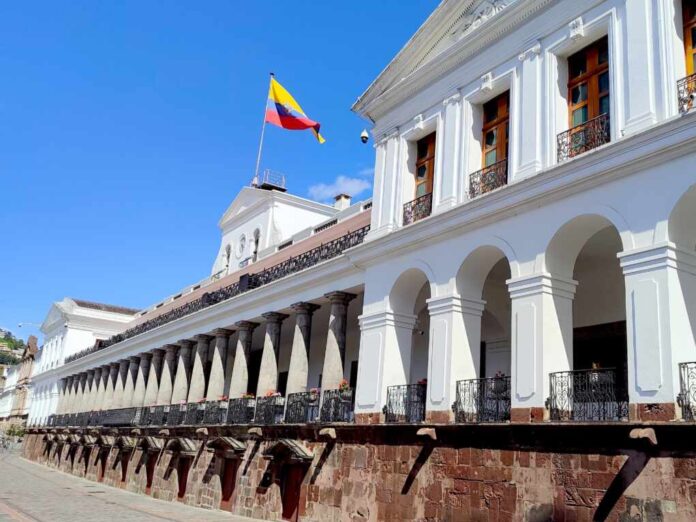
Ecuador’s release of a US strike survivor from a suspected narco-submarine exposes the tangled web of international law and sovereignty.
Story Highlights
- Ecuador freed a survivor of a US military strike on a suspected drug-trafficking submarine after finding no evidence of criminal activity.
- The US continues aggressive anti-narcotics operations in Latin American waters, drawing diplomatic tension and legal questions.
- The incident raises debate over the legality of extraterritorial US military actions and their impact on regional sovereignty.
- US officials defend the operation, while regional governments and human rights advocates question its legitimacy and humanitarian cost.
US Strike on Suspected Narco-Submarine Fuels Regional Debate
On October 21, 2025, Ecuadorian authorities released a man who survived a US military strike on a suspected drug-trafficking submarine in the Caribbean. The US, claiming the vessel was carrying drugs, destroyed it as part of an ongoing campaign to disrupt cartel operations. Two crew members perished, while two survived—one Ecuadorian, now freed, and one Colombian, who remains in custody in Colombia. This rare outcome placed Ecuador at the center of a diplomatic storm over the legal and ethical boundaries of American military actions targeting suspected criminals beyond its borders.
The US military’s role in anti-narcotics operations throughout the Caribbean has intensified since August 2025, with warships deployed and multiple strikes resulting in at least 32 deaths. These actions, intended to choke off drug routes to North America, have long been justified as necessary for national security. However, the aftermath of this latest strike—featuring survivors, not just casualties—forces a reckoning about due process, international law, and respect for the sovereignty of regional partners like Ecuador and Colombia.
Watch: “No Crime Report” Ecuador Frees Survivor of US Strike on “Drug Sub”, Colombia Recalls Envoy | 4k
Legal Ambiguity and Diplomatic Tensions
Ecuador’s attorney general determined that there was no evidence to justify prosecution of the survivor, leading to his release. In contrast, the Colombian survivor faces prosecution upon repatriation. These divergent outcomes highlight the legal ambiguity confronting nations that cooperate with US anti-drug efforts while upholding their own standards of justice. The US’s extraterritorial actions raise pressing questions: when does law enforcement end and military overreach begin? Regional governments are caught between American pressure to escalate enforcement and their obligation to uphold constitutional protections and due process for detained individuals.
Broader Impact and Conservative Perspectives
The fallout from this operation is reverberating across the region. Short-term effects include renewed diplomatic friction and public scrutiny of the US’s willingness to use lethal force against suspects outside its borders. Long-term, the incident may prompt Latin American countries to reconsider the terms of their cooperation on anti-narcotics missions, potentially demanding clearer limits on American military involvement and stronger protections for their citizens. For US conservatives, the episode underscores the need for clear rules of engagement and accountability, upholding American interests without trampling the legal rights of other sovereign nations or eroding the principles that underpin our Constitution.
Sources:
Ecuador releases survivor of US strike on alleged drug sub
Survivor of U.S. Submarine Strike Walks Free in Ecuador

























